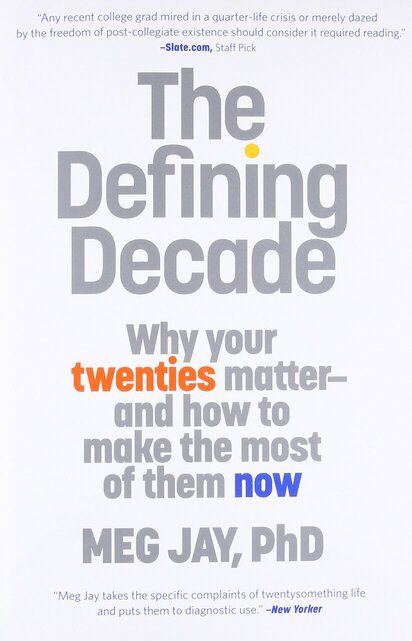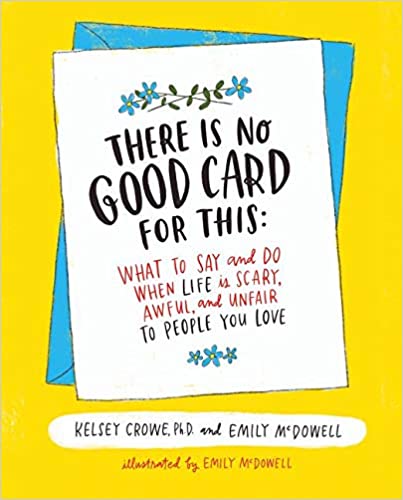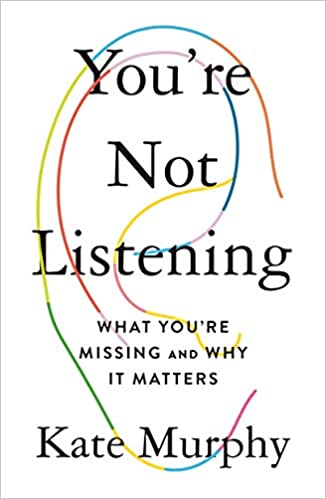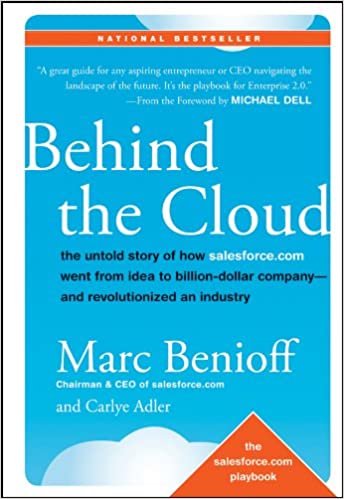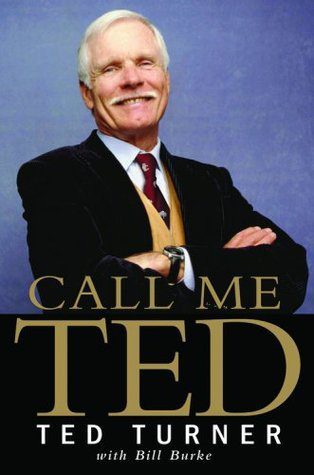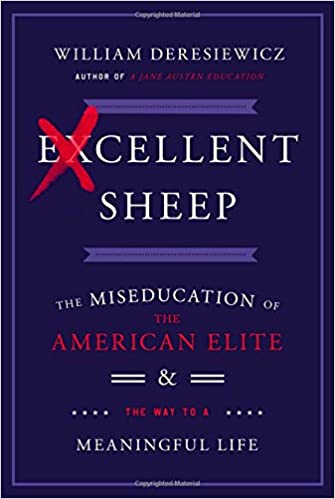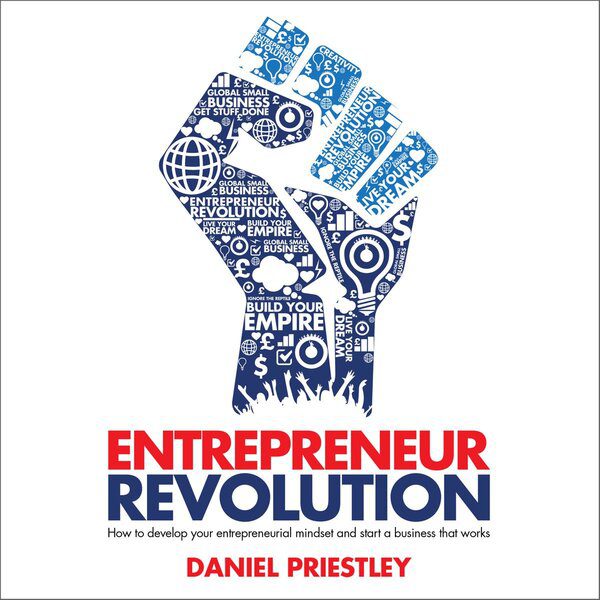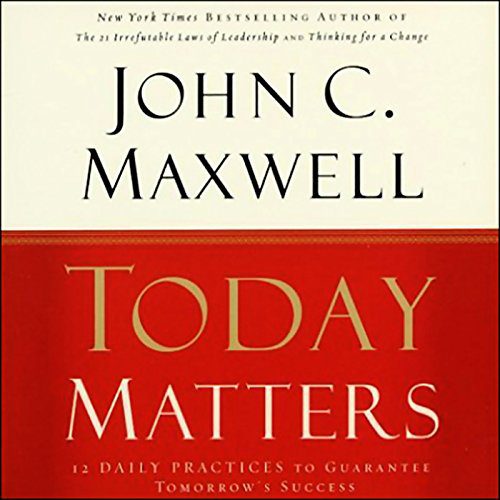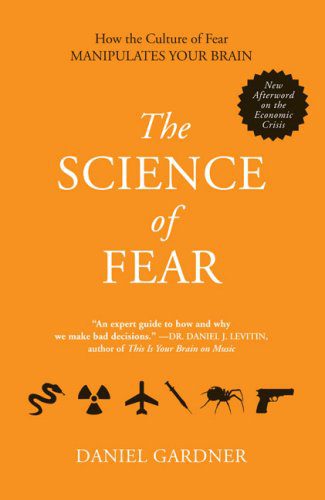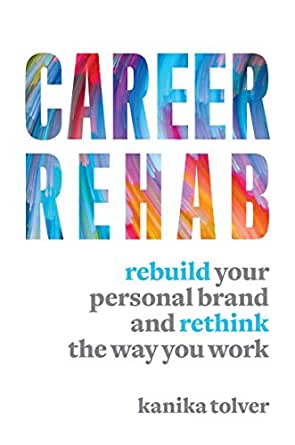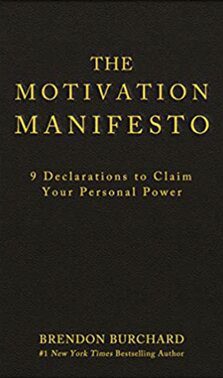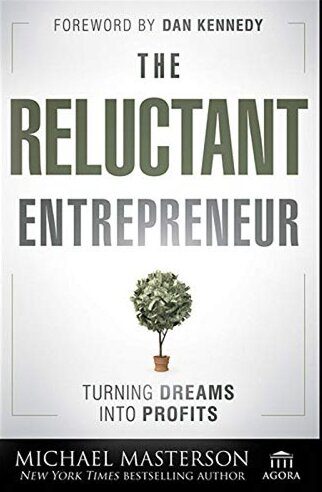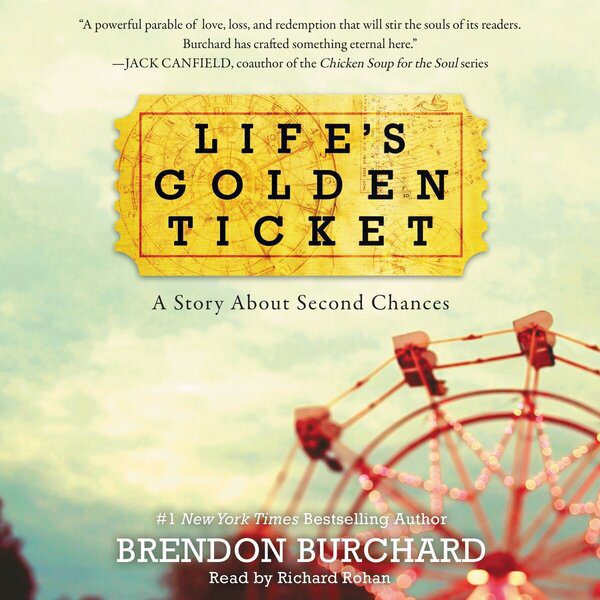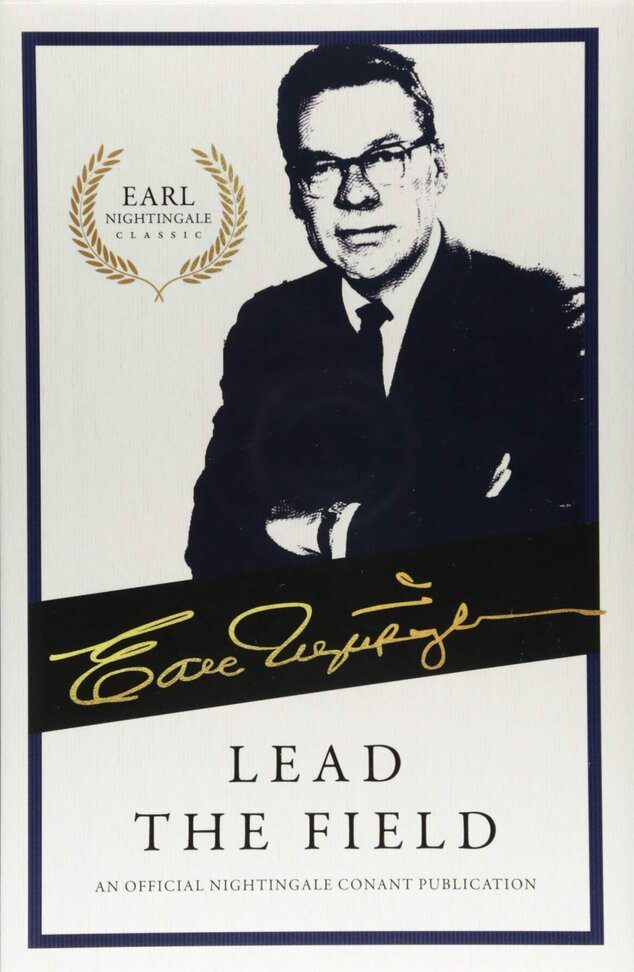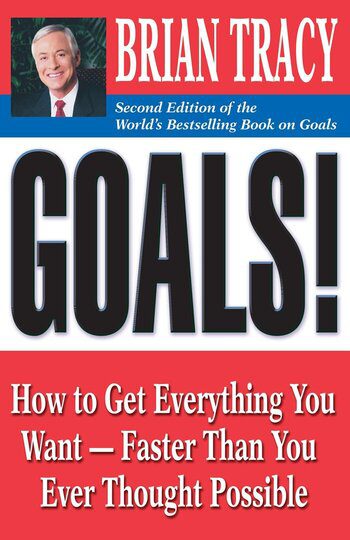“The future isn’t written in the stars. There are no guarantees. So claim your adulthood. Be intentional. Get to work. Pick your family. Do the math. Make your own certainty. Don’t be defined by what you didn’t know or didn’t do. You are deciding your life right now.”
Print | Kindle(eBook) | Audiobook
According to New York Times bestselling psychologist Dr. Meg, claiming your twenties is one of the most transformative things you can do for yourself as this decade decides the coming decades. The book’s ideas are transformative; I wished I read the book in my twenties, but the key is to become better self-aware of yourself and your environment. Today matters, the decisions you make on a day-to-day basis affects and determines the coming weeks, months, years, and decade.
Dr. Meg Jay, argues that twentysomethings have been caught in a swirl of hype and misinformation, much of which has trivialized what is actually the most defining decade of adulthood. The book is about why your twenties matter, and how to make the most of them now.
Drawing from almost two decades of work with hundreds of clients and students, The Defining Decade weaves the latest science of the twentysomething years with the behind-closed-doors stories from twentysomethings, themselves. The result is a provocative read that provides the tools necessary to make the most of your twenties, and shows us how work, relationships, personality, social networks, identity, and even the brain can change more during this decade than at any other time in adulthood—if we use the time wisely.
“To achieve great things, two things are needed: a plan, and not quite enough time.” – Leonard Bernstein
Here are my favourite take-aways from reading, Defining Decade by Dr. Meg Jay:
